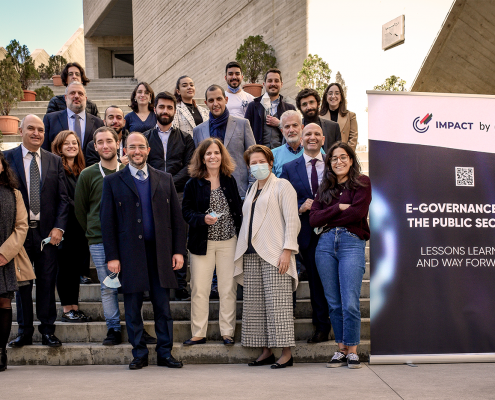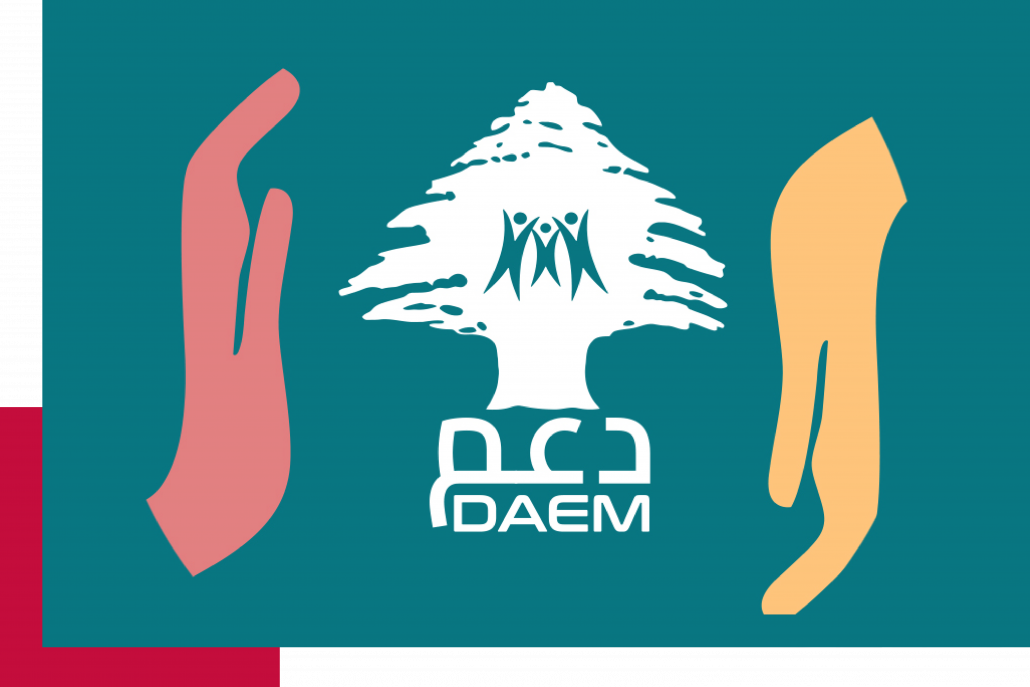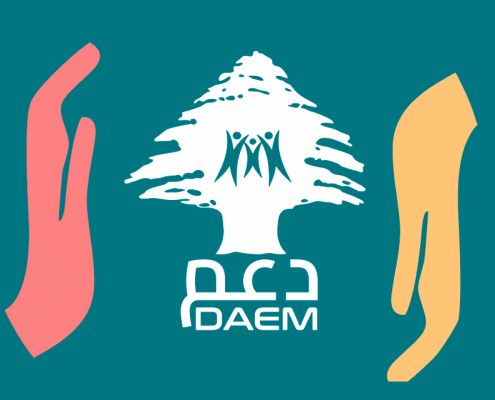 https://sirenassociates.com/wp-content/uploads/2022/05/ci-impact-1.png
935
1443
Nick Newsom
https://sirenassociates.com/wp-content/uploads/2019/06/SA-Logo_340156-01-300x138.png
Nick Newsom2022-05-13 12:52:332022-11-28 02:39:30Shoots emerge of an era of independent oversight in Lebanon
https://sirenassociates.com/wp-content/uploads/2022/05/ci-impact-1.png
935
1443
Nick Newsom
https://sirenassociates.com/wp-content/uploads/2019/06/SA-Logo_340156-01-300x138.png
Nick Newsom2022-05-13 12:52:332022-11-28 02:39:30Shoots emerge of an era of independent oversight in Lebanon4 April 2022
Thousands of Lebanon’s poorest citizens on 18 March were instructed to collect the first cash payments from the long-awaited, World Bank funded Emergency Social Safety Net (ESSN) program.
This initial disbursement was made to households whose eligibility has been verified through in-person visits conducted by the World Food Programme (WFP). During the two-month registration period, over half a million households created an account on the government’s cash assistance platform, DAEM, of which 471,391 submitted complete applications. Just under 189,000 of those passed the inclusion criteria and will undergo verification.
The team behind IMPACT, Lebanon’s first e-governance platform, will make detailed information available in the coming days on the number of verified households, the amount of aid disbursed and the number of beneficiaries. The data will be located on the platform’s dedicated DAEM dashboard. The World Bank has, however, indicated that the ESSN program aims to target 147,000 “extremely poor” Lebanese households over one year. Those qualifying will benefit from a fixed amount of $25 per month, plus an additional $20 per registered household member (with a maximum of six beneficiaries per household). Education fees up to $300 for each student between 13 and 18 years old will also be covered for 87,000 students in the school year 2022/23.
During the two-month registration period, over half a million households created an account on the government’s cash assistance platform, DAEM, of which 471,391 submitted complete applications.
The disbursement of this cash assistance marks an important milestone in Lebanon’s efforts to eliminate political interference in the aid distribution process, and ensure that cash assistance to poor households is delivered transparently and according to needs.
Lebanon’s Central Inspection oversight agency is facilitating this transition by overlooking the digitisation and operation of the entire cash assistance program on IMPACT, in compliance with relevant national legislation and international governance standards. With Siren’s support, it deployed DAEM to manage the registration and verification processes. This has significantly reduced the potential for corruption, fraud, and arbitrary decisions when selecting beneficiaries. Central Inspection inspectors are additionally publishing regular reports on the platform’s operations.
Registration on DAEM took place between 1 Dec. 2021 and 31 Jan. 2022, with a parallel communication campaign taking place to encourage people to sign up. Verification began mid-February and is being done on DAEM’s household visit module to allow poverty indexing through proxy means testing. During their visits, WFP enumerators gather quantifiable data on multiple household characteristics. Families that are still eligible after the proxy means testing then receive a text message with instructions on how to claim their payment. Should citizens have any queries or complaints about any aspect of the process, Central Inspection has set up and is managing a call centre (hotline number 1747) to offer assistance.
With triple digit inflation and the lifting of subsidies on many items, any delay in the provision of funding is a cause for concern. Demonstrating that aid can be disbursed fairly and transparently will therefore be critical in winning the trust of donors.
For the time being, only the ESSN is funded. The government has repeatedly pledged to implement a broad-based ration card program and is negotiating the funding for it with the World Bank. With triple digit inflation and the lifting of subsidies on many items, any delay in the provision of funding is a cause for concern. Demonstrating that aid can be disbursed fairly and transparently will therefore be critical in winning the trust of donors.
In the long term, only macroeconomic and governance reforms can put Lebanon on the path to recovery and prosperity. In the meantime, creating a broad social safety net will play an important role in attenuating the impact of the crisis on poor households.
According to the World Bank, an estimated 1.7 million people in Lebanon fall beneath the poverty line, and 841,000 people live under the food poverty line. Meanwhile, the fully completed forms submitted via DAEM represent 1,495,025 individuals seeking cash assistance. The DAEM data also points to a crisis of in-work poverty, as wages fail to keep up with inflation. Forty one percent of the applicants reported being employed but still in need of cash assistance, while 59% reported being unemployed.









